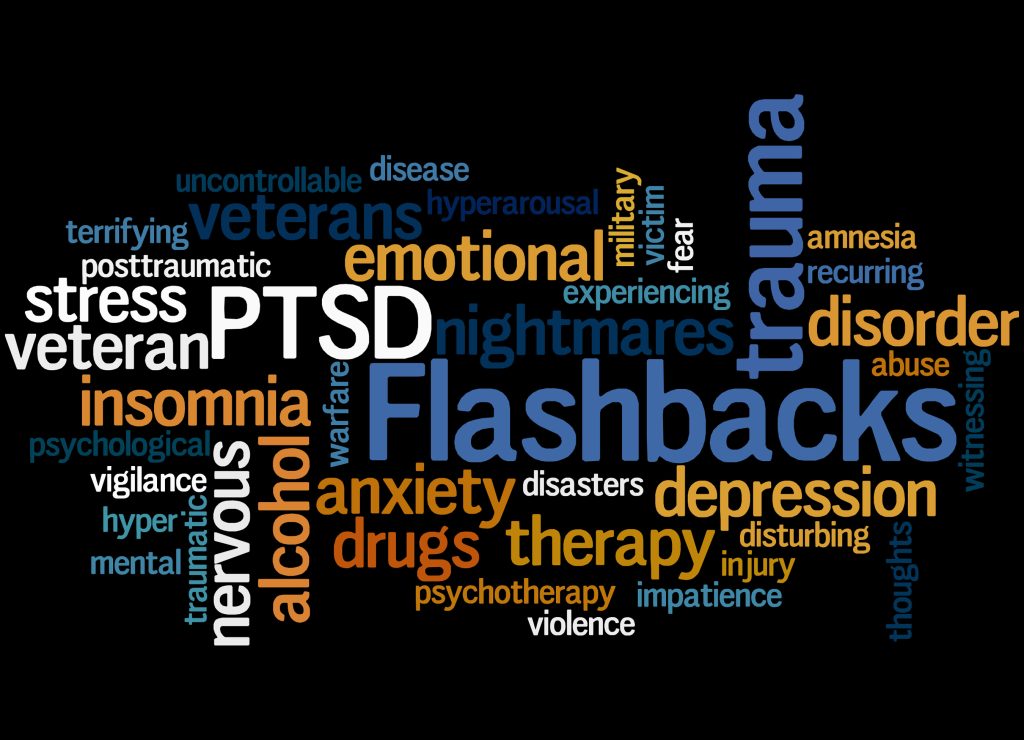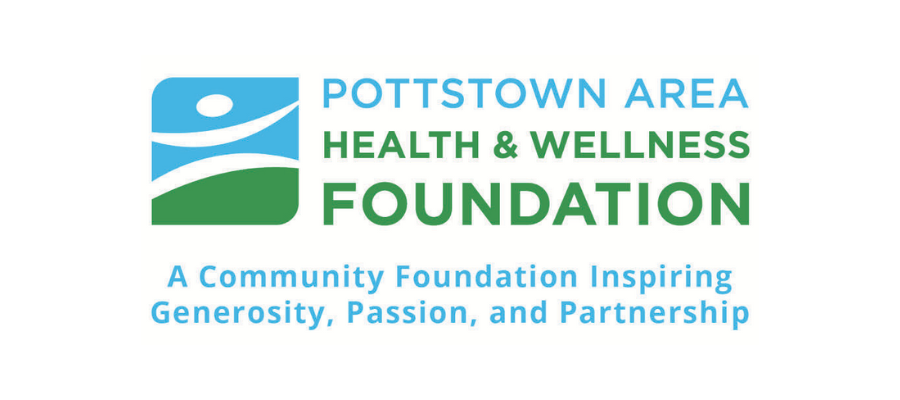Facts About PTSD
Coping with PTSD in Today’s World

Whatever the trigger—and today, there are more than ever—PTSD impacts about 8 million individuals every year. Pottstown Area Health & Wellness Foundation reminds us that compassion, for self and others, helps tame the tormented mind. Here’s how to use hope to overcome the past.
What Is PTSD?
Posttraumatic stress disorder (PTSD) is defined as a disabling psychiatric disorder that results from being exposed to real or threatened injury, death, or sexual assault. It is associated with functional and cognitive impairment.
Often associated with military veterans because of their ongoing exposure to violence and death, PTSD also exists beyond the battlefield. Experiences like car accidents, cancer, assault, abuse, and other traumas that provoke fear and stress can trigger PTSD. This includes the prolonged threat of COVID-19.
PTSD during the Pandemic
The threat of COVID-19 has lingered into a third year. This long-term uncertainty, provoked by an invisible enemy (we don’t know how or where to direct our defense), has increased stress and anxiety levels. Kept extensively high, this flood of stress/anxiety has triggered symptoms of post-traumatic stress for many. Health experts have even termed it as Post-COVID Stress Disorder.
Symptoms of PTSD, including coronavirus-triggered, may include:
- the inability to dial down perceived risks/hypervigilance
- uncontrollable worry
- ongoing anxiety
- sleep disturbances
- self-destructive behavior, including excessive consumption of alcohol or other forms of self-harm
- irritability, anger, and aggressive behavior
- avoidance/self-isolation (even in COVID-19-safe settings)
- inappropriate outbursts
Combined with today’s political turmoil, war in the Ukraine, climate disasters, and gun violence, we could all use some coping strategies.
Courageous Coping
A healthcare practitioner can help provide an official diagnosis of this often-complex disorder. Cognitive-behavior therapy (a type of talk therapy) has been shown to improve symptoms after a single session. Although recovery from PTSD can be long-term, the act of processing the incident and discussing the trauma openly often provides relief quickly. Medications sometimes are used in the treatment program. PA211.org has a wealth of resources for finding support near you, including mental healthcare providers.
Pottstown Area Health & Wellness Foundation gathered mental health resources available to our community for your convenient reference.
For individuals struggling with ongoing pandemic fears and low-level PTSD, try these strategies to get you started.
Manage Your News Intake
Awareness is important. However, saturating your psyche with the day’s headlines can instigate feelings of dread and fear. Unfortunately, bad news grabs attention so the newsfeeds are filled with it. Check the news once or twice a day. Focus on highlighted topics without spiraling into a deep-dive on the latest tragedies.
Exercise
Movement is essential for your health. Exercising with an elevated heart rate takes your steps even farther, improving mood and reducing stress. Working out increases your body’s production of endorphins (happy hormones). Burn off stress and calories with this twofer.
Visit these nearby workout locations.
Get Outdoors
Being among nature is scientifically proven to help soothe the soul. Seeing the expanse of the universe in an enormous sky, strong trees, and relentless life-cycles helps one recognize the power of the universe. Try to surrender your worry into a universe beyond our control. Bonus points if you exercise outdoors.
If you are looking for an outdoor activity, try our Outdoor Activity Finder.
Practice Sleep Hygiene
Create habits that are conducive to a restful sleep for about eight hours per night. Reduce screentime before bed—to avoid the effects of screen light on your circadian rhythm as well as that newsfeed. Abstain from caffeinated and alcoholic beverages in the evening, which disrupt sleep.
Eat Healthy
Often stress and anxiety trigger poor eating habits. Some people crave more junk food, including items high in sugar, salt, and carbs. Overindulgence, especially in unhealthy choices, negatively impacts physical and mental health. This includes alcoholic beverages, a crutch used to cope throughout the pandemic. For others, stress kills appetite and causes unhealthy weight loss.
Seek Out the Good
With PTSD, otherwise harmless things, people, conversations, sounds, or situations can trigger traumatic associations. Focusing on positivity can be a challenge for anyone, especially during pandemic times. Research proves you can build this muscle through gratitude.
Try finding one thing each day for which you are grateful. Write it down. Maybe some days you’ll find five. Other days, maybe you’ll find you are grateful for a simple glass of clean water to drink. This life-changer is in the search. The more good you seek, the more you’ll find. Eventually, you’ll enjoy the habit of positivity.
Suicide Prevention Hotline: 1-800-452-4189. Do not allow feelings of despair or grief go untreated. There is help. There is always hope.
